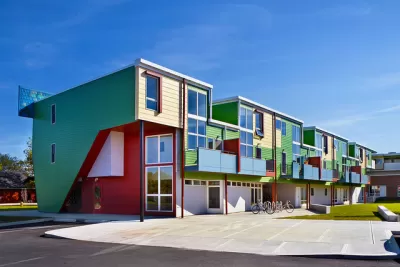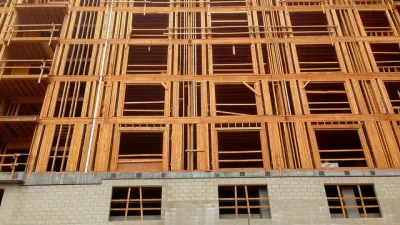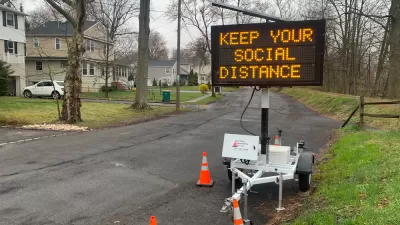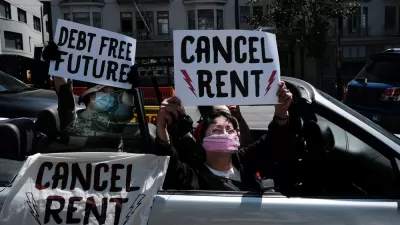These six housing investment strategies will incorporate lasting affordability, racial equity, and resilience into COVID-19 recovery plans.

During the past few months, local governments have—by necessity—focused on urgent COVID-19 housing responses including eviction moratoriums and emergency rental assistance. Attention must now turn to longer-term COVID recovery strategies. Housing with lasting affordability should be an indispensable feature of any local COVID recovery plan, especially for municipalities that strive for racial equity and resilience. A few municipalities, like Baltimore, are heading proactively in this direction by investing in lasting affordability. It’s time the rest of us do the same.
Lasting affordability is achieved through legal restrictions on land or property that guarantee affordable rents and home prices for low- and moderate-income households for at least 40 years. The term “lasting affordability” also carries an implicit intention for—and mechanisms to support—affordable rents and home prices in perpetuity. Lasting, perpetual, or permanent affordability can be implemented in both rental and ownership housing in any state, although legal guidelines and restrictions slightly vary. Models to achieve this include shared-equity homeownership, community land trusts (CLTs), inclusionary housing policies, limited-equity cooperatives, and deed-restricted housing programs.
Building homes with lasting affordability and converting existing buildings to perpetual affordability must happen incrementally. Housing is one of several urgent public investments facing cash-strapped government agencies. Furthermore, increasing national racial equity and resilience requires an intersectional, cross-sectoral, coordinated approach of which housing is only one piece. That said, too often long-term policy solutions are deprioritized and we focus on those that solve immediate problems, treat a symptom, or earn a vote. Grounded Solutions put forward the following recommendations for new housing investment strategies that will incorporate lasting affordability, racial equity, and resilience into COVID-19 recovery plans.
First ....
FULL STORY: Lasting Affordability Is the Path to Resilience

Alabama: Trump Terminates Settlements for Black Communities Harmed By Raw Sewage
Trump deemed the landmark civil rights agreement “illegal DEI and environmental justice policy.”

Study: Maui’s Plan to Convert Vacation Rentals to Long-Term Housing Could Cause Nearly $1 Billion Economic Loss
The plan would reduce visitor accommodation by 25% resulting in 1,900 jobs lost.

Planetizen Federal Action Tracker
A weekly monitor of how Trump’s orders and actions are impacting planners and planning in America.

Waymo Gets Permission to Map SF’s Market Street
If allowed to operate on the traffic-restricted street, Waymo’s autonomous taxis would have a leg up over ride-hailing competitors — and counter the city’s efforts to grow bike and pedestrian on the thoroughfare.

Parklet Symposium Highlights the Success of Shared Spaces
Parklets got a boost during the Covid-19 pandemic, when the concept was translated to outdoor dining programs that offered restaurants a lifeline during the shutdown.

Federal Homelessness Agency Places Entire Staff on Leave
The U.S. Interagency Council on Homelessness is the only federal agency dedicated to preventing and ending homelessness.
Urban Design for Planners 1: Software Tools
This six-course series explores essential urban design concepts using open source software and equips planners with the tools they need to participate fully in the urban design process.
Planning for Universal Design
Learn the tools for implementing Universal Design in planning regulations.
Caltrans
Smith Gee Studio
Institute for Housing and Urban Development Studies (IHS)
City of Grandview
Harvard GSD Executive Education
Toledo-Lucas County Plan Commissions
Salt Lake City
NYU Wagner Graduate School of Public Service





























